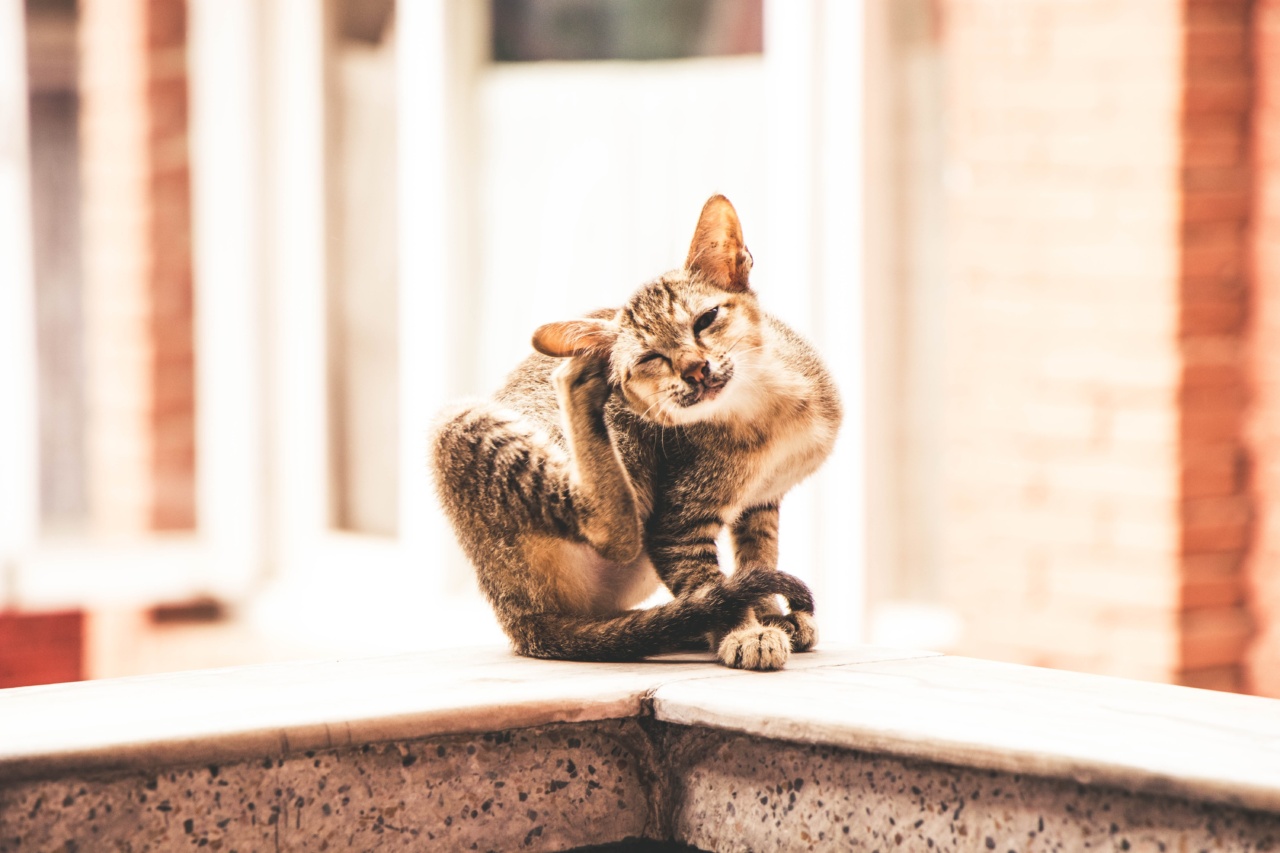Pet owners know the agony of seeing their beloved furry friends constantly itching and scratching. It can be frustrating and distressing to witness your pet in discomfort, and finding a solution becomes a top priority.
While there can be various reasons for pet itching, one often overlooked factor is their diet. A proper diet plays a vital role in combatting pet itching and improving their overall health and well-being.
In this article, we will explore the connection between diet and pet itching and provide helpful tips for creating a balanced and nourishing meal plan for your furry companions.
The Impact of Diet on Pet Itching
Just like humans, pets require a balanced diet to maintain optimal health. What they eat significantly affects their skin, coat, and immune system, all of which play a crucial role in combatting itching and other skin-related issues.
A poor diet lacking essential nutrients can weaken their immune system, impair their skin barrier function, and make them more susceptible to itching and allergy-related problems.
Several key nutrients contribute to a healthy skin and coat in pets. These include:.
1. Omega-3 Fatty Acids
Omega-3 fatty acids are essential for reducing inflammation in the body, including the skin. They can help alleviate itching caused by allergies or dry skin conditions.
Fish oil is an excellent source of omega-3 fatty acids for pets, and incorporating it into their diet can have significant benefits.
2. Protein
Protein is a fundamental building block for healthy skin and coat. It is essential for the production of collagen, which provides structure and strength to the skin.
Including high-quality protein sources like lean meats, fish, and eggs in your pet’s diet can promote healthy skin and reduce itching.
3. Vitamin E
Vitamin E is a powerful antioxidant that helps protect the skin cells from damage. It can aid in reducing itchiness and supporting healthy skin by neutralizing free radicals.
Adding vitamin E-rich foods such as sunflower seeds and almonds to your pet’s meals can boost their skin health.
4. Zinc
Zinc is a mineral that plays a crucial role in various bodily functions, including skin health. It helps regulate sebum production, aids in wound healing, and supports the immune system.
Foods like beef, poultry, and pumpkin seeds are excellent sources of zinc and can help combat itching.
5. B Vitamins
B vitamins, particularly biotin (B7) and niacin (B3), contribute to a healthy skin and coat. Biotin helps maintain the integrity of the skin, while niacin promotes proper circulation to the skin, ensuring nutrients reach the cells.
Including foods like liver, eggs, and whole grains in your pet’s diet can provide these essential B vitamins.
Creating a Balanced and Nourishing Meal Plan
Now that we understand the vital nutrients necessary for combatting pet itching, it’s time to create a balanced and nourishing meal plan for your furry friends. Here are some tips to help you get started:.
1. Consult with a Veterinarian
Before making any significant changes to your pet’s diet, it is essential to consult with a veterinarian. They can assess your pet’s specific needs, identify any underlying health issues, and provide customized dietary recommendations.
A veterinarian’s guidance is crucial in ensuring your pet’s nutritional requirements are met.
2. Choose High-Quality, Species-Appropriate Food
When selecting pet food, opt for high-quality brands that use premium ingredients. Look for products that are formulated for your pet’s specific life stage and needs.
For example, puppies have different dietary requirements than adult dogs, and cats have different needs than rabbits. Choosing species-appropriate food ensures that your pet receives the appropriate nutrients.
3. Incorporate Fresh, Whole Foods
In addition to commercial pet food, include fresh, whole foods in your pet’s diet. This can include lean meats, fish, fruits, and vegetables.
However, it is essential to research which human foods are safe for pets and avoid any toxic or harmful ingredients. Consult with your veterinarian to determine the appropriate portions and variety of fresh foods for your pet.
4. Introduce Supplements
In some cases, introducing supplements to your pet’s diet may be beneficial. Supplements like fish oil or specific skin and coat supplements can provide additional support for combatting itching and improving skin health.
However, it is crucial to discuss any supplements with your veterinarian to ensure they are safe and suitable for your pet.
5. Monitor and Adjust
After implementing a new meal plan, closely monitor your pet’s response. Keep an eye on any changes in their itching, skin condition, and overall well-being.
If you notice any unfavorable effects or no improvement after a reasonable period, consult with your veterinarian. They may need to make adjustments to the diet or explore other potential causes of itching.
Conclusion
A proper diet plays a pivotal role in combatting pet itching and promoting overall skin health.
By providing your furry friends with a balanced and nourishing meal plan, rich in omega-3 fatty acids, proteins, vitamins, and minerals, you can minimize itching and improve their quality of life. Remember to consult with a veterinarian, choose high-quality pet food, incorporate fresh foods, and monitor your pet’s response to ensure the optimal diet for their specific needs.
With a little extra care and attention to their diet, you can help your pets overcome itching and enjoy a happier, itch-free existence.




























